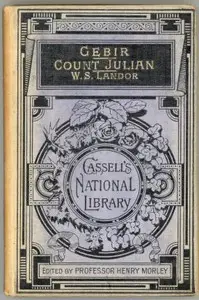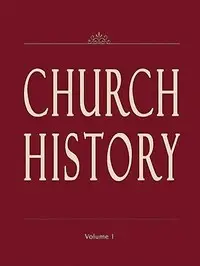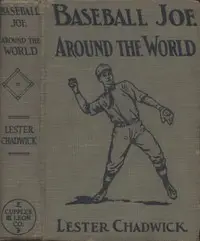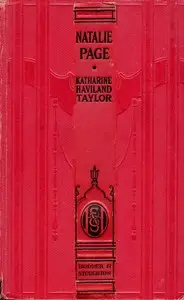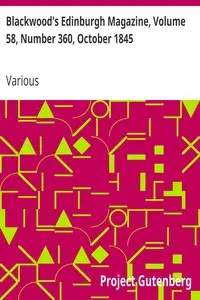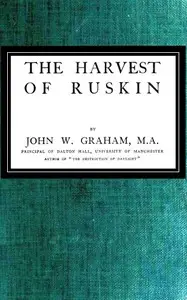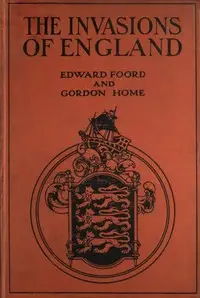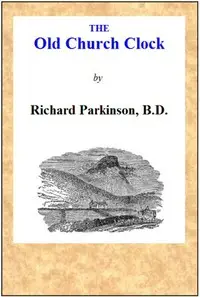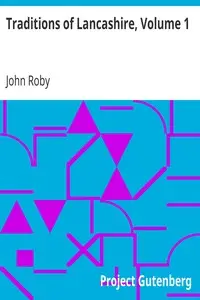"Citation and Examination of William Shakspeare" is a historical account written in the late 19th century, rediscovered from original papers. This work is a dramatized depiction of an actual event where a young William Shakespeare is brought before Sir Thomas Lucy, a magistrate, to be examined for deer-stealing. The book combines elements of wit and humor while portraying the social dynamics and legal practices of Elizabethan England, exploring themes of justice, reputation, and ambition through Shakespeare's character. At the start of the book, the youthful William Shakespeare is humorously introduced as he stands accused of deer-stealing before Sir Thomas Lucy. The atmosphere is tense yet playful, as Shakespeare engages in witty exchanges with the magistrate and his chaplain, Silas Gough, creatively defending himself while avoiding serious consequences. The examination unfolds with Shakespeare's clever wordplay and repartee, overshadowing the gravity of the charges against him. Through the early dialogues and interactions among the characters, readers are treated to a lively exploration of Shakespeare's personality and the societal norms of the period, setting the stage for a unique blend of historical fiction and comedic commentary. (This is an automatically generated summary.)
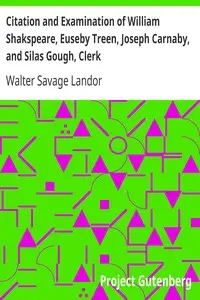
Citation and Examination of William Shakspeare, Euseby Treen, Joseph Carnaby, and Silas Gough, Clerk
By Walter Savage Landor
"Citation and Examination of William Shakspeare" is a historical account written in the late 19th century, rediscovered from original papers. This wor...
Walter Savage Landor was an English writer, poet, and activist. His best known works were the prose Imaginary Conversations, and the poem "Rose Aylmer," but the critical acclaim he received from contemporary poets and reviewers was not matched by public popularity. As remarkable as his work was, it was equalled by his rumbustious character and lively temperament. Both his writing and political activism, such as his support for Lajos Kossuth and Giuseppe Garibaldi, were imbued with his passion for liberal and republican causes. He befriended and influenced the next generation of literary reformers such as Charles Dickens and Robert Browning.


